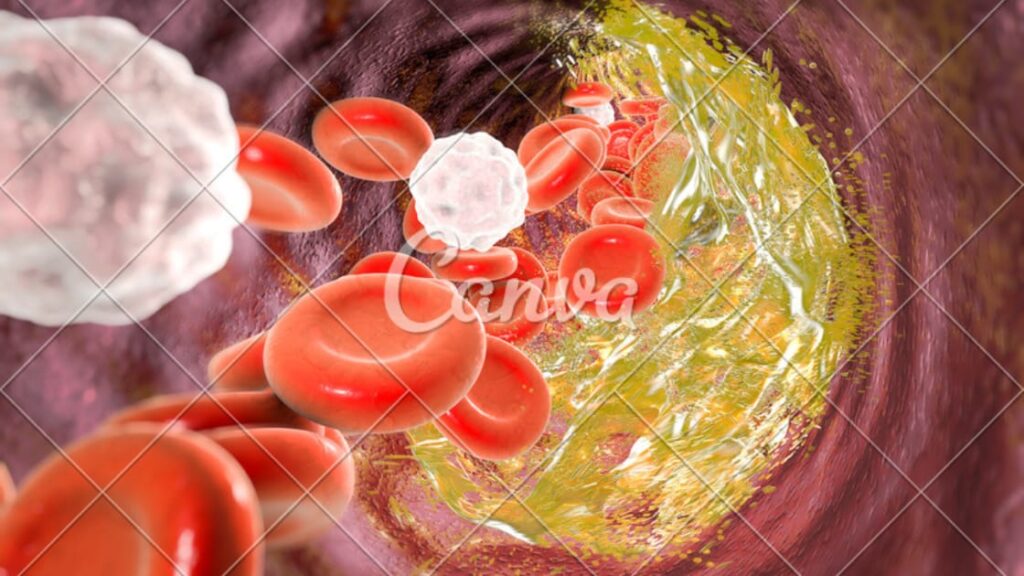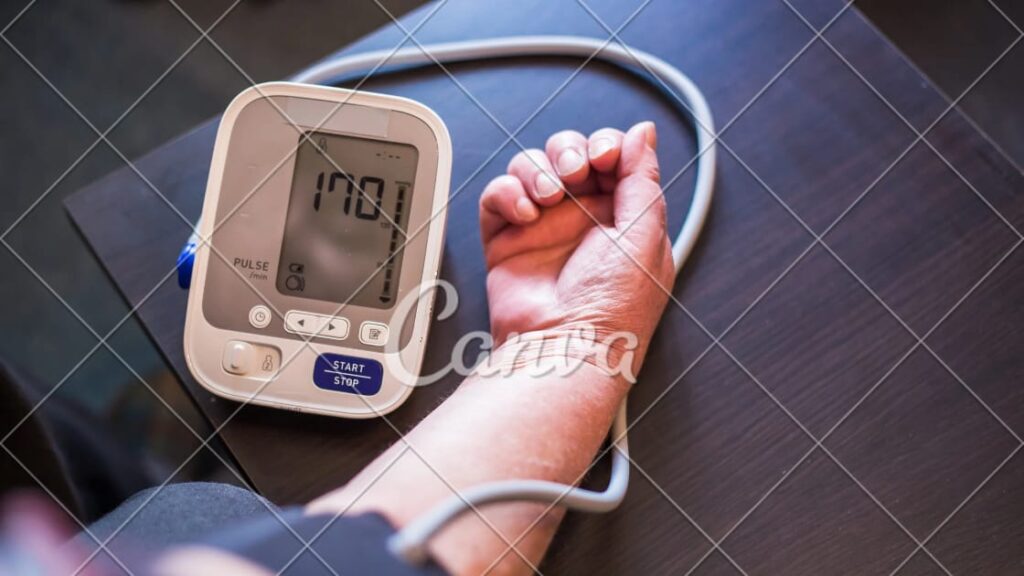Boosting Immunity Naturally
Boosting Immunity Naturally Introduction: Your Immune System – Your Body’s Best Defense In today’s world, maintaining a strong immune system isn’t just smart—it’s essential. Your immune system works around the clock to protect you from infections, viruses, and diseases. But how do you keep it in top shape? At Sri Madhavananda Specialities Hospital, we believe in a natural, holistic approach to boosting immunity. The best part? Most of the tools to do this are already in your hands (and kitchen!). What Is Immunity, Really? Immunity is your body’s defense mechanism. It recognizes harmful invaders like bacteria, viruses, and toxins—and fights them off. A strong immune system not only helps prevent illness but also reduces the severity and duration of sickness. 1. Eat a Balanced, Colorful Diet You are what you eat—and your immune system knows it. Foods That Support Immunity: Vitamin C-rich fruits like oranges, kiwi, guava, and amla Leafy greens such as spinach and moringa Garlic and ginger for their anti-inflammatory and antimicrobial effects Turmeric with its powerful compound curcumin Nuts and seeds loaded with vitamin E and zinc The goal? Fill your plate with a rainbow of fruits and vegetables. They provide antioxidants, vitamins, and minerals that keep your immune system strong and resilient. 2. Prioritize Sleep—Your Immune Reset Button Your body repairs and regenerates itself while you sleep. Inadequate sleep (less than 6 hours a night) weakens the immune response and increases susceptibility to illness. Tips for Better Sleep: Stick to a consistent sleep schedule Avoid screens at least 1 hour before bed Create a calming bedtime routine (like herbal tea or meditation) Make your bedroom cool, dark, and quiet Aim for 7–9 hours of quality sleep each night to give your immune system the rest it needs. 3. Get Moving: Exercise in Moderation Regular physical activity increases circulation, lowers stress hormones, and promotes the healthy turnover of immune cells. However, too much intense exercise can have the opposite effect. Ideal Activities: Brisk walking Yoga or stretching Light jogging or cycling Dancing Just 30 minutes of moderate exercise most days of the week can significantly boost immune function. 4. Manage Stress to Protect Immunity Chronic stress is one of the biggest immune suppressors. It increases cortisol, a hormone that weakens your body’s response to pathogens. Natural Stress Busters: Deep breathing and meditation Journaling or gratitude exercises Spending time in nature Talking to a friend or therapist Limiting screen time and social media Your mind and body are deeply connected—nurturing one nurtures the other. 5. Hydration: Simple but Powerful Water helps carry oxygen to your cells and flush out toxins. Even mild dehydration can slow down immune responses. Tips to Stay Hydrated: Start your day with a glass of water Carry a reusable water bottle Eat hydrating foods like cucumber, watermelon, and citrus fruits Avoid excessive caffeine and alcohol Aim for at least 8–10 glasses a day—or more in hot climates or during activity. 6. Embrace Nature’s Remedies Traditional remedies and herbs have been used for centuries to enhance immunity. Popular Natural Boosters: Tulsi (Holy Basil): Fights respiratory infections Ashwagandha: Balances stress and improves resilience Neem: Purifies the blood and supports detox Giloy: Strengthens immune response Honey and lemon: Soothe the throat and provide antioxidants Consult with a healthcare provider before starting any new supplements—especially if you’re pregnant, nursing, or have existing health conditions. 7. Don’t Forget Gut Health About 70% of your immune system lives in your gut. A healthy digestive system means better nutrient absorption and stronger defense against illness. Support Gut Health With: Probiotic-rich foods like yogurt, buttermilk, and fermented pickles Fiber from whole grains, fruits, and vegetables Avoiding processed foods, excess sugar, and artificial additives Good digestion = better immunity. It’s that simple. Conclusion: Natural, Daily Habits Matter Most Boosting your immunity naturally isn’t about quick fixes or miracle pills. It’s about consistent, healthy habits that work together to keep your body strong and your mind balanced. At Sri Madhavananda Specialities Hospital, we encourage you to listen to your body, care for it gently, and make immunity-boosting a part of your everyday life. FAQs 1. Can supplements replace a healthy diet for immunity?No. Supplements can help fill gaps, but whole foods offer a full range of nutrients, fiber, and antioxidants that pills can’t replace. 2. Does drinking hot water boost immunity?Warm water can support digestion and soothe the throat, but hydration in general—regardless of temperature—is key to immunity. 3. How often should I exercise to improve immunity?Aim for 30 minutes of moderate activity, 5 days a week. Overtraining can actually weaken immunity, so balance is important. 4. Are immunity-boosting herbs safe for everyone?Not always. Certain herbs can interact with medications or aren’t suitable during pregnancy. Always consult your doctor before trying new remedies. 5. Can children follow the same immunity-boosting tips?Absolutely! A balanced diet, good sleep, playtime (exercise), and stress-free environments are just as important for kids as they are for adults.
Boosting Immunity Naturally Read Post »










